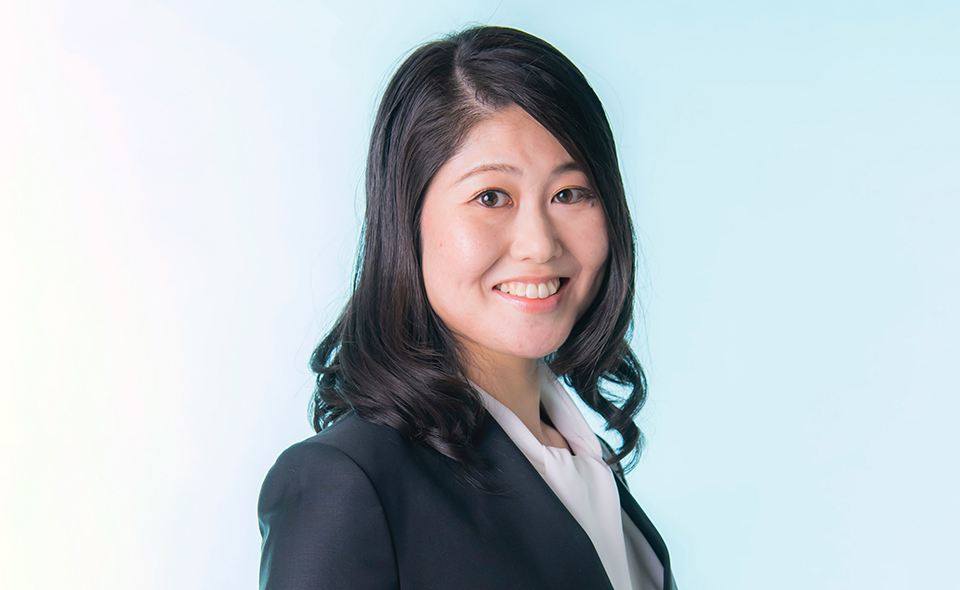Yoshie Midorikawa, partner at Miura & Partners, provides her own insights on the Japanese ADR landscape in this article. What developments are on the horizon for this year?
Please tell us a little about attitudes towards dispute resolution in the Japanese legal sector. Are alternative methods of dispute resolution (ADR) growing in popularity against court litigation?
Traditionally, most legal disputes between Japanese companies were solved either before Japanese courts or by voluntary settlements between the parties privately. With the increasing number of Japanese companies doing business globally, the forum for dispute resolution for Japanese companies has slightly shifted from Japanese courts to international arbitration. In litigation before Japanese courts, the parties need to present their case in Japanese, which becomes an issue when Japanese companies wish to choose the forum for dispute resolution in an international contract with international business partners.
Aside from this, the lack of a global mechanism to ensure enforceability of foreign judgments is also a reason why arbitration might be a preferable method of international dispute resolution. Therefore, I observe that more Japanese companies have begun taking ADR, and especially international arbitration, more seriously.
Has the launching of the Japan International Dispute Resolution Centre (JIDRC) or any recent legislation affected this?
The JIDRC was launched in 2018 as the first ever organisation designed for international arbitration or other types of ADR in Japan. Before the launch of the JIDRC, it was not easy for parties of arbitration in Japan to find an appropriate place to conduct hearings and other conferences. The JIDRC offers a state-of-the-art experience for the dispute resolution process, and it streamlines hearings both online and in person.
When it comes to dispute resolution procedures in Japan, litigation has been chosen in most cases, but as mentioned earlier, Japanese parties often choose arbitration due to the enforceability of awards under the New York Convention. Although Japan has not often been chosen as a seat of arbitration, an increasing number of Japanese companies are recognising the advantages of resolving disputes in their place of business. To respond to this demand, the Japanese government has been supporting the promotion of arbitration in Japan since 2017. The establishment of the JIDRC was also supported by the government.
Can you share a little about ‘civil conciliation’ as a method of dispute resolution? How does it compare to other processes such as mediation and arbitration?
Civil conciliation (minji chotei) is a dispute resolution procedure that differs from mediation (a private dispute resolution procedure facilitated by a neutral third party without the involvement of the state). Civil conciliation under Japanese law is a court procedure, and thus requires the involvement of the state. However, civil conciliation shares some of the characteristics of mediation in the sense that it aims to resolve disputes privately and by agreement of the parties.
I observe that more Japanese companies have begun taking ADR, and especially international arbitration, more seriously.
Even though Japanese litigation procedures can be time-consuming, Japanese companies have often chosen litigation for resolving disputes, likely due to both the fact that there is trust in the court process and trust that the court will take initiative to encourage settlements within the litigation process. Civil conciliation, in which the court is also involved and aims for settlement in a closed-door procedure, seems to match the needs of Japanese companies, which tend to prefer avoiding the excessive process of proving their claims.
In the case of litigation, it is common that the parties need to submit pleadings multiple times, and in some cases, if the legal or factual issues are complicated, it may take years before the court renders the judgment at the court of first instance. Such a procedure is not required for civil conciliation, allowing a more flexible resolution of the dispute.
Do you have significant career experience of your own in this area? Can you share anything about it?
To date, our team has often been involved in cases that are large in scale and extremely complex, such as accounting fraud, energy-related investments, information technology services and construction projects, where not only legal arguments but also fact-finding to support the claims are often important. In order to pick up meaningful facts and evidentiary materials from a complex series of events, an understanding of industry practices and business models is essential. It is not an easy task, as each case requires a new understanding of the energy industry, the construction industry, the information technology industry, and other businesses.
However, in a highly complicated dispute about oil field development that I handled when I was a junior associate, the manager of the client told me one day that I understood the facts and background of the case better than he did, despite the fact that it was he who was in charge of the project. At that moment, I felt that while reconstructing and presenting the case to the decision makers in the dispute resolution process was challenging, it was also fulfilling when I did it right. Since then, I have followed a simple principle in doing my job: “Understand the case better than your client”.
[ymal]
How do you expect the dispute resolution sector in your jurisdiction to develop in 2023 and future years?
Civil litigation procedures in Japan are currently done mostly offline. For example, lawyers still need to file a case by hand or by post, and online hearings are not available. Court proceedings came to a temporary halt in 2020 when COVID-19 placed restrictions on this routine. Not only have court proceedings normalised after this critical situation, but in 2022, the Diet passed a bill to amend the Code of Civil Procedure to accommodate the demands for enabling civil litigation procedures to be conducted online. The reform of the related legislation will be implemented in a few phases, enabling, among other things, online submission of documents and online witness hearings in Japanese litigation. Part of this reform will come into force on 1 March 2023.
In addition, a bill will be submitted to the Diet this year to amend the Arbitration Act to align it with the UNCITRAL Model Law on International Commercial Arbitration (2006) and to bring it in line with the Singapore Convention, which gives enforceability to settlements based on a certain degree of mediation. On a more practical note, in 2022, a ‘business court’ has been established in Tokyo for the first time in Japan to aim to handle business-related and international cases involving intellectual property, commercial matters and bankruptcy. As the dispute resolution field in Japan becomes increasingly international and digital, I expect that the updated system will offer an effective dispute resolution experience both domestically and internationally. I hope to be able to be part of this change by representing clients before Japanese courts.
Yoshie Midorikawa, Partner
3F East Tower Otemachi First Square 1-5-1, Otemachi, Chiyoda-ku, Tokyo 100-0004
Tel: +81-3-6270-3515
Fax: +81-3-6270-3501
E: yoshie.midorikawa@miura-partners.com
Yoshie Midorikawa was admitted to the Bar in Japan in 2007 and New York in 2015. Her areas of expertise include many aspects of litigation, alternative dispute resolution, corporate governance and commercial disputes, and her insights on Japanese law have been published widely. The Legal 500 Asia Pacific listed her as one of the Next Generation Partners in Japan for Dispute Resolution in 2023.
Miura & Partners was established in 2019 as an independent law firm in Tokyo with the aim of creating a new platform for innovative and business-minded professionals. Ever since, the team has handled various cutting-edge cases in the areas of commercial disputes and M&A. Asian Legal Business has listed Miura & Partners as one of the FAST 30: Asia’s fastest-growing law firms in 2021 and 2022.





















